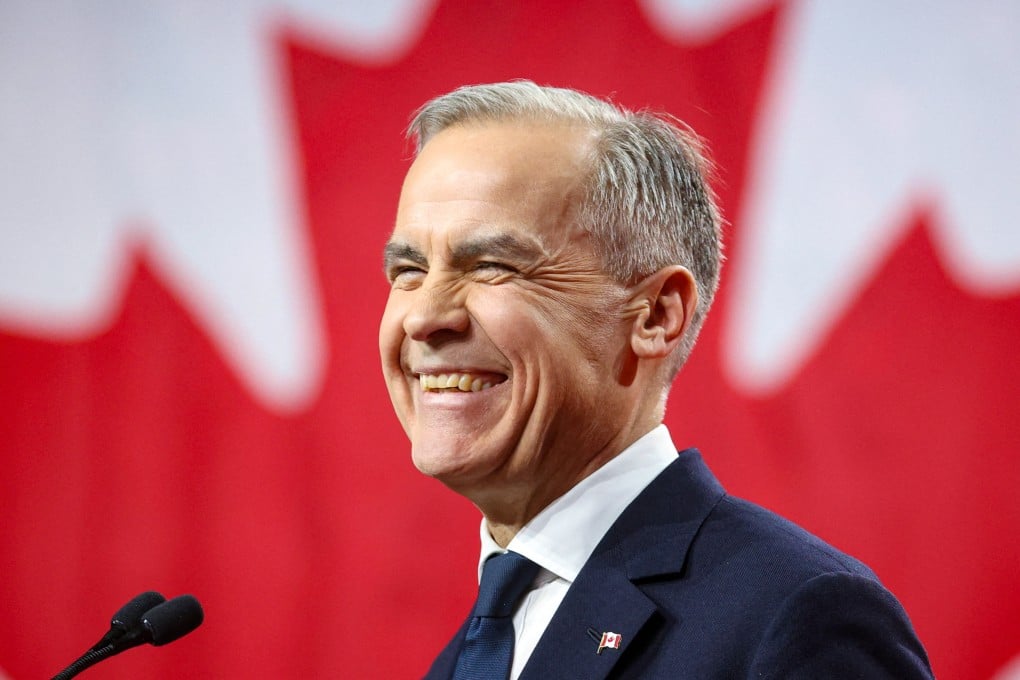My Take | Next Canadian leader will feel US wrath if he gets too close to China
Mark Carney of the ruling Liberal Party certainly talks tough with Washington, but he cannot afford to be over-friendly with Beijing

Mark Carney, the next prime minister of Canada, faces a trade war of choice with China, but one of necessity with the United States. The former was started by his predecessor, the latter was imposed on him by Washington.
Fighting with two of the country’s biggest trading partners for an economy that is already on shaky ground will be the worst possible outcome. Carney, the newly chosen Liberal Party leader for the coming election following Justin Trudeau’s resignation, may end up doing just that. Economic reasoning will argue against waging a trade war on two fronts, but geopolitical pressure has made it almost inevitable.
By law, the next general election in Canada must be held before November, but Carney may make an early call for one.
Beijing wasted no time in congratulating Carney. It sees the former chief of not one but two central banks – in Canada and the United Kingdom – as a technocrat free of ideological enmity, unlike his party rival Chrystia Freeland who was, until recently, Trudeau’s heir apparent.
By exploiting Donald Trump’s hostility towards the European Union and Canada, China is hoping to mend fences and improve battered relations. Certainly there are good economic reasons for that on all sides. But that is probably a bridge too far for Canada.
Since Trudeau took office almost a decade ago, government spending and federal debt have nearly doubled. Business investment has fallen by a third. The country is now 30 per cent less productive than the US, and Canadian gross domestic product per capita is roughly where it was when Trudeau took power.
The property market in the biggest Canadian cities is in the doldrums, and is accompanied by its disappearing wealth effect on consumer spending.
